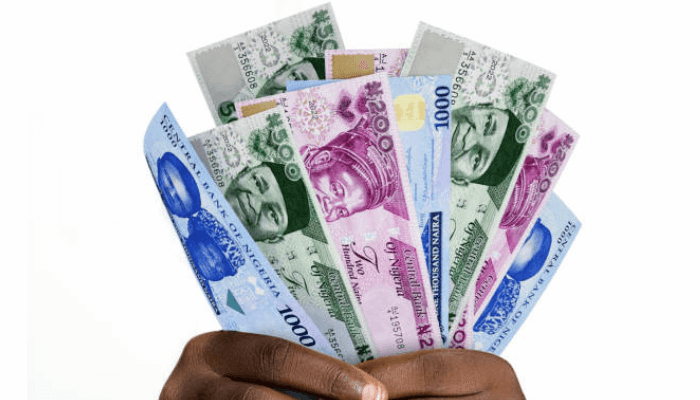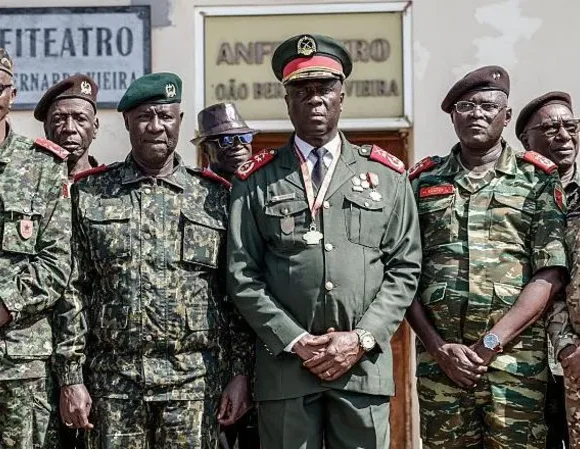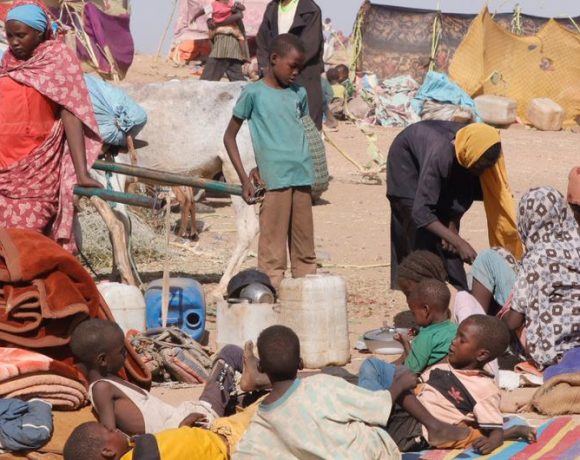China’s acceptance of the Naira marks a new era in Nigeria’s economic diplomacy

Nigeria
Nigeria’s long-standing dependence on the US Dollar for trade transactions has significantly hindered its economic progress, exposing the Naira to persistent volatility and deepening foreign exchange challenges. This reliance has placed immense pressure on Nigeria’s forex reserves and created an environment of uncertainty that disproportionally affects importers, small businesses, and manufacturers. The urgency to reframe trade dynamics and fortify the Naira was unmistakable—without bold economic reforms, Nigeria risked perpetuating a system that prioritized foreign currencies over national growth and stability.
The economic hardship was palpable. Inflation and forex scarcity crippled commerce, thwarting entrepreneurs and small-scale traders who struggled to secure essential inputs for production. In this bleak milieu, opposition voices amplified fears of impending economic collapse, dimming public confidence and underscoring the need for transformative policy action. Against this backdrop, President Bola Ahmed Tinubu’s leadership has ushered in a powerful breakthrough that heralds hope and structural change: China’s official agreement to accept the Nigerian Naira for bilateral trade.
This strategic milestone transcends symbolic diplomacy; it reflects a decisive pivot in Nigeria’s economic policy aimed at strengthening national sovereignty in trade. For the first time in decades, Nigeria advances trade arrangements that prioritize its currency, signaling a potent move to stabilize the Naira and reduce dependency on the dollar. By enabling trade settlements in Naira, Nigeria eases the chronic demand for foreign exchange, providing critical relief to the Central Bank and alleviating the currency pressures that have stifled growth.
China, as Nigeria’s largest trading partner with annual trade surpassing $20 billion, offers an unparalleled market for Nigerian goods and services. The acceptance of the Naira simplifies transaction processes, lowers costs, and opens expansive new channels for exporters. This development promises cheaper access to essential imports such as capital goods and medical equipment, while expanding Nigerian producers’ reach into China’s vast consumer base. It is an open door to increased trade volume and deeper integration between the two economic giants.
Moreover, this policy shift has profound implications for Nigeria’s domestic industries. Relieved from the constraints of forex shortages, Nigerian manufacturers stand poised to scale up production and compete more effectively on the international stage. The initiative dovetails with President Tinubu’s Renewed Hope Agenda, which emphasizes economic diversification and industrialization as pillars for sustainable job creation and growth. The multiplier effect could invigorate local enterprises and galvanize national development.
Beyond its immediate economic benefits, China’s acceptance of the Naira conveys Nigeria’s rising stature on the global financial stage. It asserts Nigeria’s determination to reclaim control over its economic destiny and participate confidently in a multipolar world economy. This development is likely to boost investor confidence, attract international capital, and enhance the credibility of Nigeria’s monetary framework.
This historic achievement demands collective commitment from all stakeholders—government agencies, financial institutions, businesses, and citizens alike—to build on this momentum. Efforts must focus on ensuring smooth Naira transactions, educating market actors about the benefits, and embedding this advancement into Nigeria’s broader economic strategy. The Asiwaju Ahmed Tinubu Support Group pledges to champion this cause, advocating policies that deepen the country’s economic resilience and harness the full potential of this diplomatic victory.
President Tinubu’s visionary leadership has opened a new chapter for Nigeria, where the Naira is not only accepted but embraced as a currency of value and confidence internationally. As the world recognizes the Naira, Nigerians are called to believe in its promise and actively engage in building a stronger, more self-reliant economy. Together, this could be the turning point toward a prosperous future for Nigeria.









